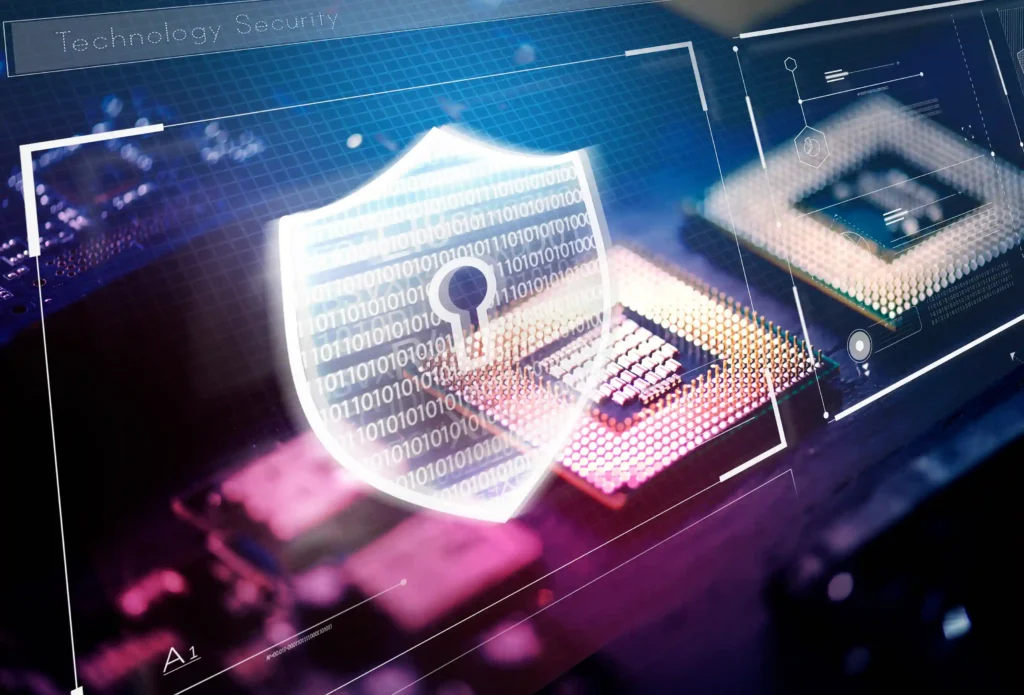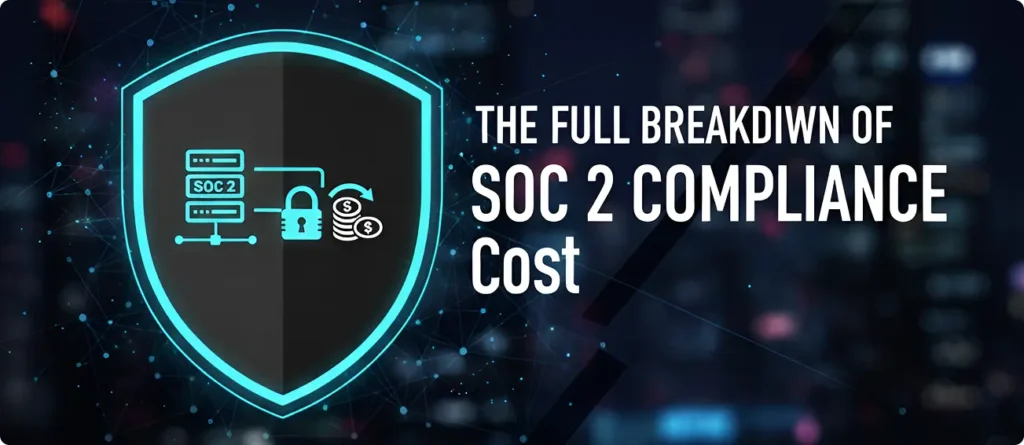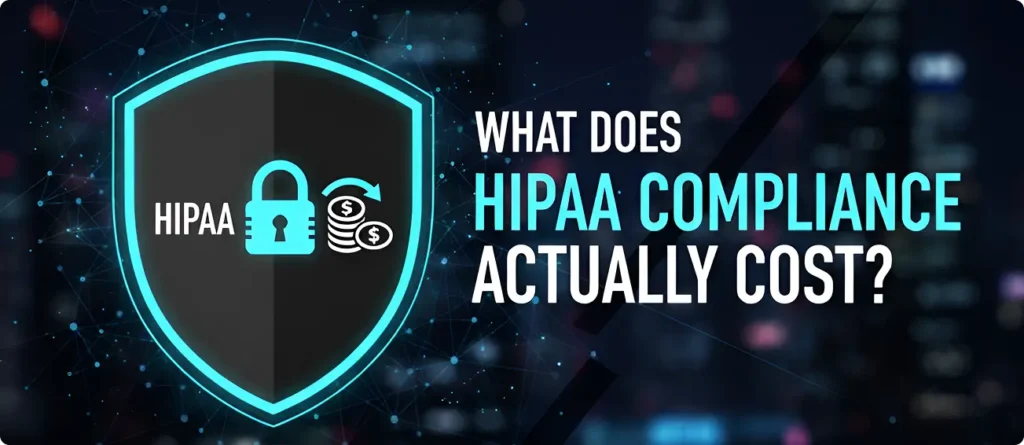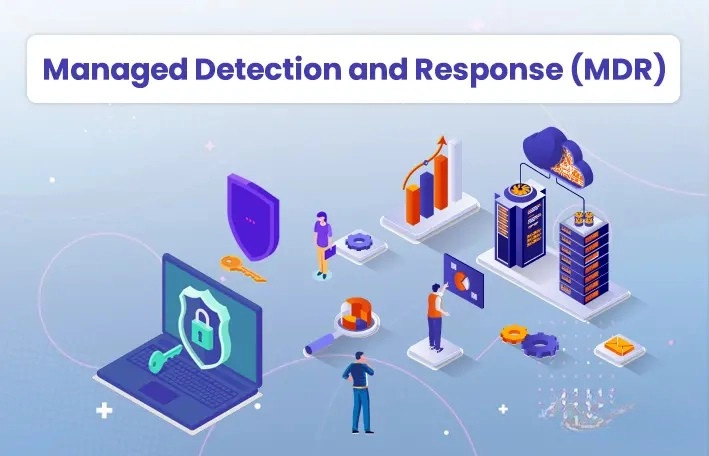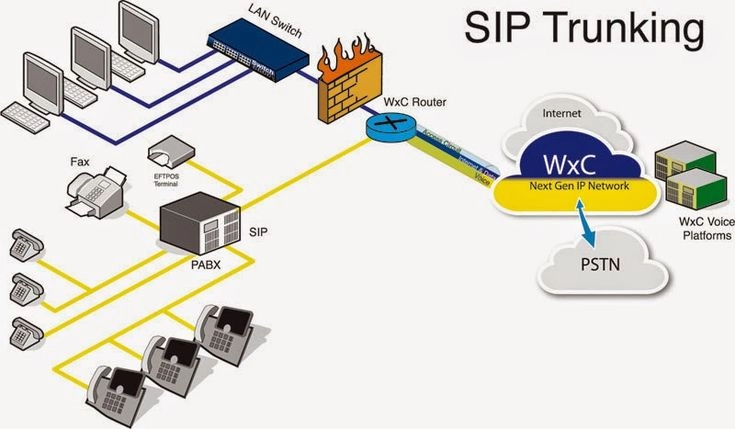Endpoint Security Solutions
Protect Your Organization With Layered Endpoint Security Solutions
Our endpoint security solutions protect your organization from cyber threats—keeping your data and systems secure. We will negotiate the best solutions on your behalf, and we can provide expert consultation to help you improve your security posture.













Trusted Endpoint Security Solutions for Your Business
Broad Provider Network
We partner with trusted endpoint security service providers to help you connect with industry leaders who specialize in securing business devices.
Exclusive Insights
We understand the latest endpoint security solutions, ensuring you receive recommendations based on proven effectiveness and cutting-edge technologies.
Expert Consultation
Defend My Business negotiate on your behalf. This simplifies how you can come into secure contracts with credible providers to gain comprehensive endpoint security services at the best possible rates.
Personalized protection
Our solution is specifically tailored to match your organization’s scale, risk exposure, and operational environment. This results in optimum protection for every device on your network.
Secure Every Device, Strengthen Your Defense: Let’s Connect!
Why You Should Care About Endpoint Security?

Malware
Ransomware
Phishing
Advanced Endpoint Security Solutions For Modern Threats
Endpoint Protection Platform (EPP)
With an endpoint protection platform, you can combine various security features like antivirus, antimalware, and native firewall protection. You can ensure instant and complete protection of the endpoints against contemporary attacks. Improve operational effectiveness by centralizing security management and reducing vulnerabilities on your devices. Defend My Business collaborates with leading EPP vendors to offer customized solutions for your business.
Antivirus
We provide you with antivirus tools to detect, prevent, and remove malware from endpoints in files and programs. These tools play a first-line defense against viruses, worms, and other malicious malware that may otherwise degrade your sensitive data and hamper the performance of your computer systems. We connect you to the best antivirus software companies to keep your devices safe and protected from evolving threats.
XDR extends detection capabilities across endpoints, networks, and servers to provide a comprehensive view of your security environment. This holistic approach improves threat detection accuracy, simplifies incident correlation, and accelerates response times. Defend My Business connects you with leading XDR providers to implement integrated security solutions tailored to your infrastructure.
Network Access Control (NAC)
NAC enforces security policies by protecting, monitoring, and controlling user access to your network. It will only allow authorized devices to connect to your network, thus lowering the risk of unauthorized access while maintaining network integrity. Our partnerships with the leading NAC providers enable you to implement reliable network access solutions.
Endpoint encryption protects sensitive data, turning it into an unreadable form for unauthorized users; it can’t be compromised. That means information is kept secure if a device has been compromised. This further increases the security levels in your business while you enjoy compliance and prevent data breaches. We deal with trusted providers for powerful endpoint encryption solutions and customize them according to your business’s specific needs.
Benefits of Endpoint Security Solutions
01.
Keep All Your Devices Safe
Endpoint security protects computers, phones, and tablets, blocking viruses and other threats and keeping your data safe wherever you are.
02.
Protect Your Data from Loss
03.
Easy Security for All Your Devices
04.
Reliable Protection for Every Device
Protect your business from cyber threats. Endpoint security keeps your devices safe. It blocks viruses, malware, and other attacks. Get reliable protection for all your devices.
05.
Stop Hackers from Stealing Your Data
Our Process: Fortifying Every Device
Onboarding
We start by conducting a detailed review of your current endpoint security measures to identify vulnerabilities, gaps, and areas for improvement. This allows us to understand your specific needs and goals, laying the groundwork for a customized security approach.
Provider Recommendation
We connect you to a broad network of trusted endpoint security providers and recommend the most suitable solutions based on the requirements of your organization. From advanced threat protection and endpoint detection and response to unified endpoint management to all the others, we offer access to the top security service providers.
Contract Negotiation
Implementation
We then ensure the smooth and efficient implementation of the solution through close coordination with the chosen provider. We seek to integrate the endpoint security solution seamlessly into your processes without disrupting business.



